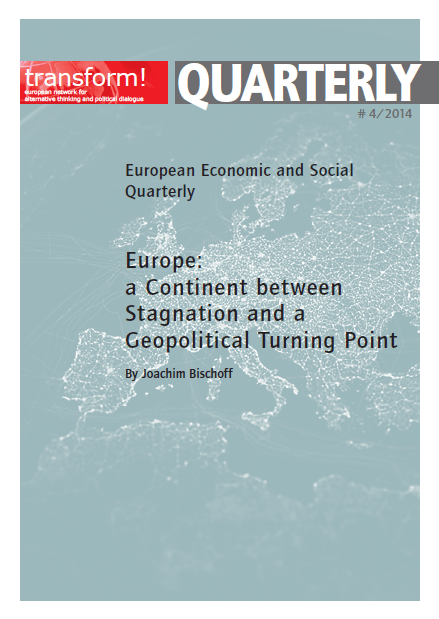Germany’s 2025 Budget: A Massive and Rapid Increase in Investment—For What Purpose and at What Cost?
Germany’s federal government presented its draft 2025 budget on 24 June 2025. With unprecedented investment levels and major reforms to fiscal rules, the plan aims to stimulate growth, build defense capacity, and overhaul infrastructure and climate policy—all at the cost of significantly increased debt.
📈 Key Figures at a Glance
- Total federal budget: €503 billion in 2025, rising to over €573 billion by 2029 :
- Annual investment: Approximately €115.7 bn in 2025 and €123.6 bn in 2026, approaching €120 bn by 2029 :
- Defense spending: Jumping from 2.4 % of GDP (€62.4 bn) in 2025 to 3.5 % by 2029 (€162 bn)
- Total borrowing: Around €847 bn of debt over 2025–2029; net new borrowing €81.8 bn in 2025 (up from €33 bn in 2024)

Why the Surge?
The budget is built around three main priorities: security, cohesion, and growth :contentReference[oaicite:5]{index=5}. In response to global instability, geopolitical risk, and pressure from NATO (including a U.S. push for higher defense spending), Germany is undertaking the most significant rearmament drive since reunification
1. Defense & Security
Defense spending will increase drastically, backed by an amendment to exempt defense debt above 1 % of GDP from the debt brake. The goal: ramp up to 3.5 % GDP by 2029, with an eye toward NATO’s emerging benchmarks
2. Infrastructure & Public Investment
Targeted investment will hit €120 bn+ per year by 2025. Key sectors include:
- Rail (Deutsche Bahn), roads, public transport
- Digital infrastructure and connectivity
- Education, R&D, and housing
- Energy transition & climate projects
A new €500 bn “special infrastructure fund” over 12 years supports many of these goals :contentReference[oaicite:10]{index=10}.
3. Growth & Tax Relief
The budget includes ~€46 bn in corporate tax breaks and cuts to bureaucracy, intended to stimulate long-term productivity and business investment. Households are also set to receive ~€23 bn in relief over two years
The Debt Brake and Its Reform
Germany’s fiscal rule—the debt brake—limits structural federal deficits to 0.35 % of GDP. To fund ambition, the government amended the constitution in March 2025, including:
- Excluding defense spending above 1 % GDP from limits.
- Doubling the states’ permitted deficit to 0.7 % of GDP.
- Creating the €500 bn infrastructure fund.
- Embedding a climate neutrality target (2045)
Benefits vs. Risks
✔️ Potential Benefits
- Filling long-standing investment gaps in transport, digital services, and energy :contentReference[oaicite:14]{index=14}.
- Spurring growth through stronger infrastructure and tax incentives.
- Meeting NATO obligations and boosting defence readiness.
⚠️ Key Risks
- Dramatic rise in public debt—borrowings nearly double from €33 bn to €82 bn in 2025, then
- Potential inflationary pressure and high debt servicing costs—estimated €71 bn interest/year by
- Criticism of sustainable and climate intent being sidelined—Greens warn of “budget tricks”
- Execution risks in managing special funds and ambitious investment pipelines :
What This Means for Stakeholders
Businesses
Tax incentives and infrastructure investment provide a boost—but growth will depend on reform implementation and improved productivity.
Citizens
Tax relief is welcome, but taxpayers may see long-term implications through debt service and pressure on public services. Military build-up may spark public debate.
Investors & Financial Markets
Germany’s credit ratings presume strong fiscal credibility, but ratings agencies will watch debt trajectory closely.
Conclusion
Germany’s 2025 budget marks a clear break from decades of fiscal caution—a bold repositioning toward investment-led growth and defense readiness. But success hinges on efficient use of funds, meaningful productivity gains, and urgent balance between ambition and fiscal responsibility.
👉 Internal & External Resources
- In-depth: Germany’s Debt Brake and Constitutional Reforms
- How Germany’s Budget Aligns with EU & NATO Priorities
- Reuters: German cabinet passes 2025 draft budget
- FXStreet analysis: investment surge
- Financial Times: defence & infrastructure boom
Table of Contents
thanks for reading for more news pleas visit our website
this post by News 24




